Jon Snow, the King in the North, the White Wolf, and Lord Commander of the Night's Watch has long been a fan favorite on Game of Thrones. Of the diverse cast, he is perhaps the most stagnant character: he was always bound by honor and morality, he was always dark and brooding, and he was always a natural leader and an instinctive fighter.
But, though these traits did not change, they largely became even more concentrated. Over the course of 8 Seasons, Jon grew up. He learned certain truths that made him even darker, and even stronger. Here are the top 10 ways that Jon changed from the first season to the last.
10 Understanding That There Is No Honor In War
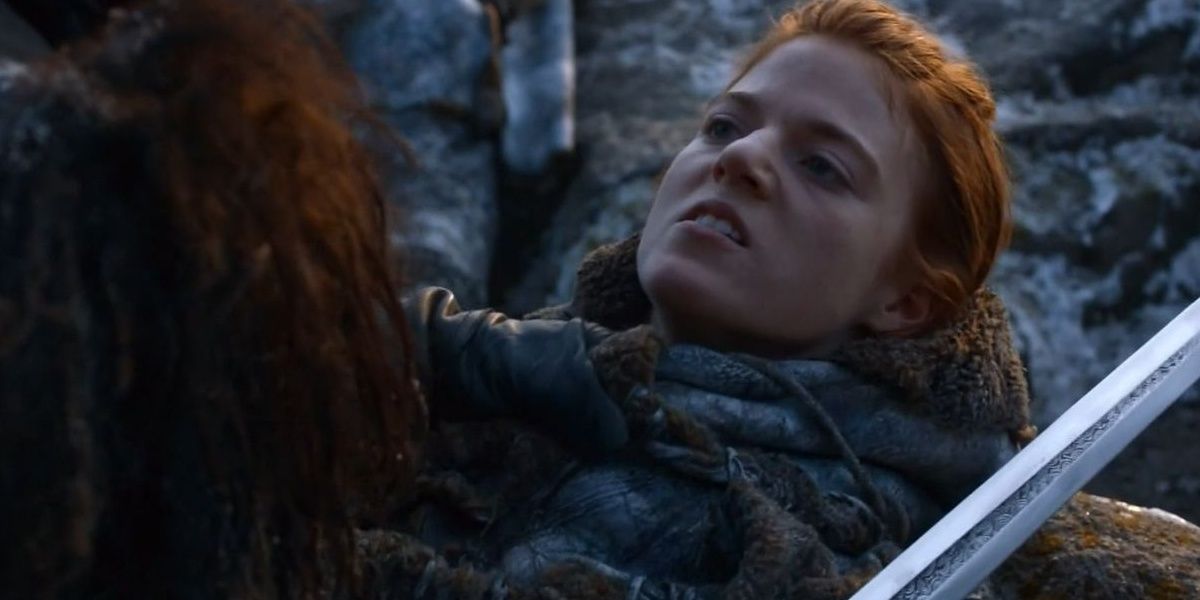
As a man of the Night's Watch, one of the first truths that Jon learned is that honor has no true place in battle. He was forced to do a number of dishonorable things. He was commanded to kill Ygritte, simply because she had seen them. He was forced to execute several of his men, for going against his command.
He saw dishonor and cruelty everywhere he turned. And while this further cemented his own morales, it taught him just how little other men value them.
9 Acceptance Of Death
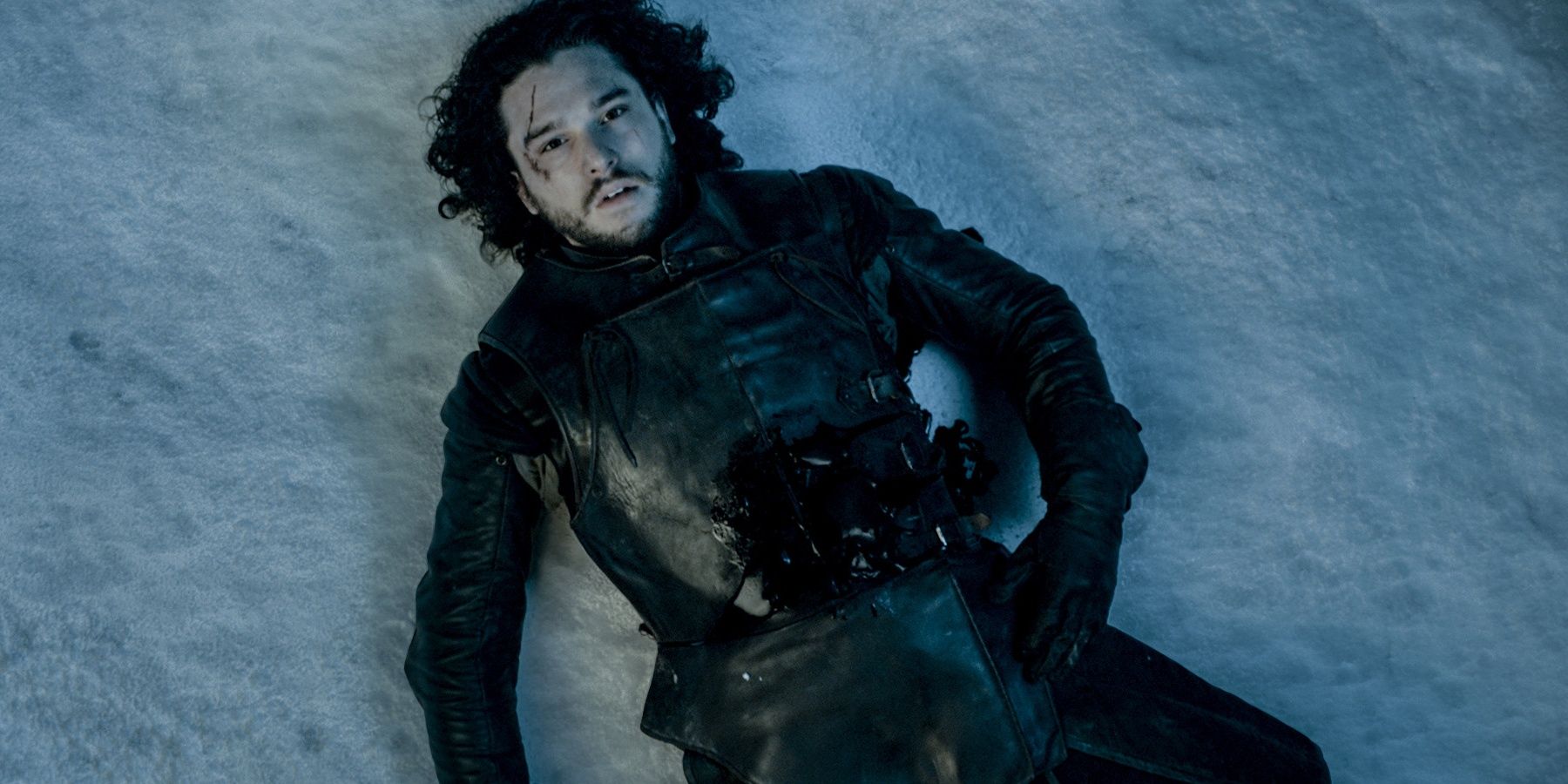
As someone who was killed for their radical, though necessary, actions, Jon became intimately aware of death, and in so doing, was able to accept his own mortality, as well as the consequences for his mistakes.
The moment when he fell to the blades of his so-called brothers, his naivete vanished, replaced by a dark sense of purpose that permeated throughout the final season.
8 A Quiter Kind Of Confidence
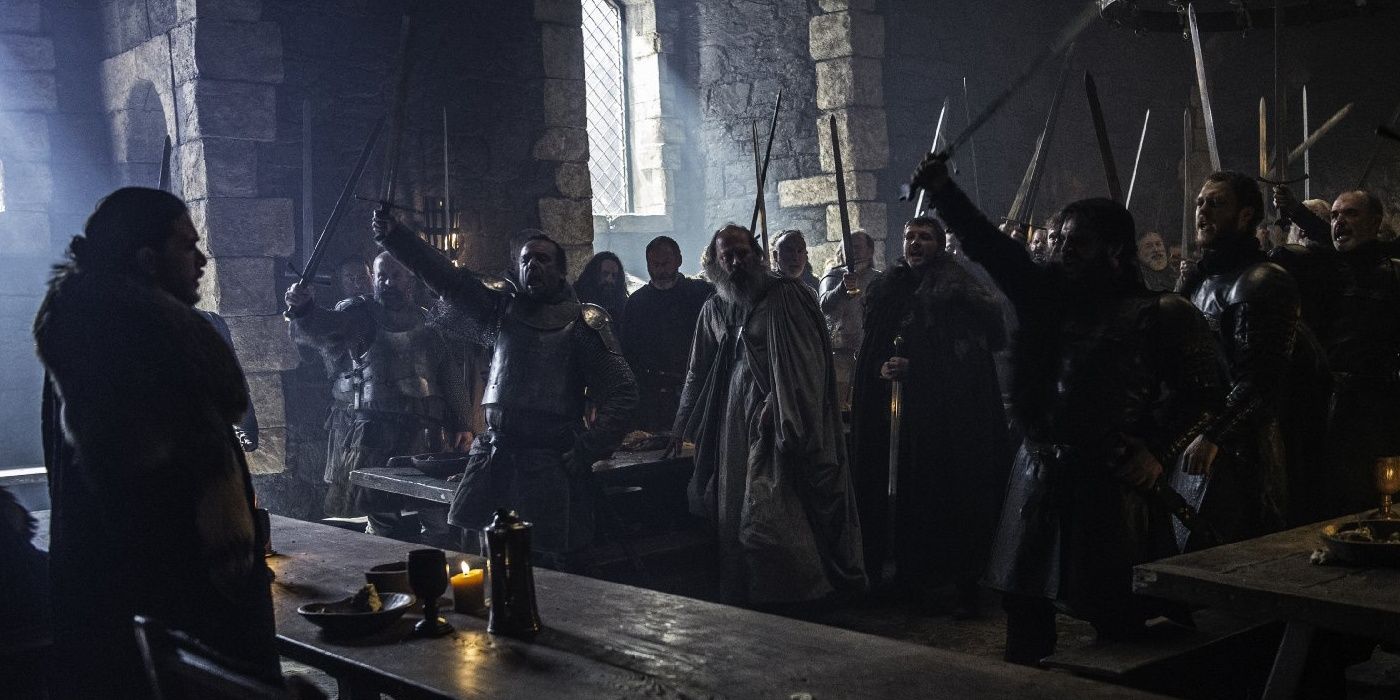
It would be entirely untrue to say that Jon Snow was ever arrogant. Living as a bastard, in the constant shadow of his true-born brothers, saw to his humility. But when he first went to the wall, he was blatantly confident in his abilities as a fighter, to the point where he was angry that he was selected as a Steward rather than a Ranger, and to the point where he was able to teach the other recruits.
By the time he gets to season 8, however, his confidence is much more subdued. He knows he commands respect, even fear. He does not shy away from that. But his confidence, if it ever was loud and obvious, has become more inconspicuous, and stronger for that.
7 A Sense Of Identity

Jon spent much of the early parts of the show lost, without a true identity. He always felt as though he was a Stark. But his mother's secret identity kept him lost. It was not until the eighth season that his true identity was revealed to him, and it was not until this moment that he realized that your name and your blood do not matter.
He might carry the Targaryen bloodline and name, but he was a Stark to the bone. His brothers were Direwolves and Wildings, and, once he understood this, he was able to go home.
6 A True Son Of The North
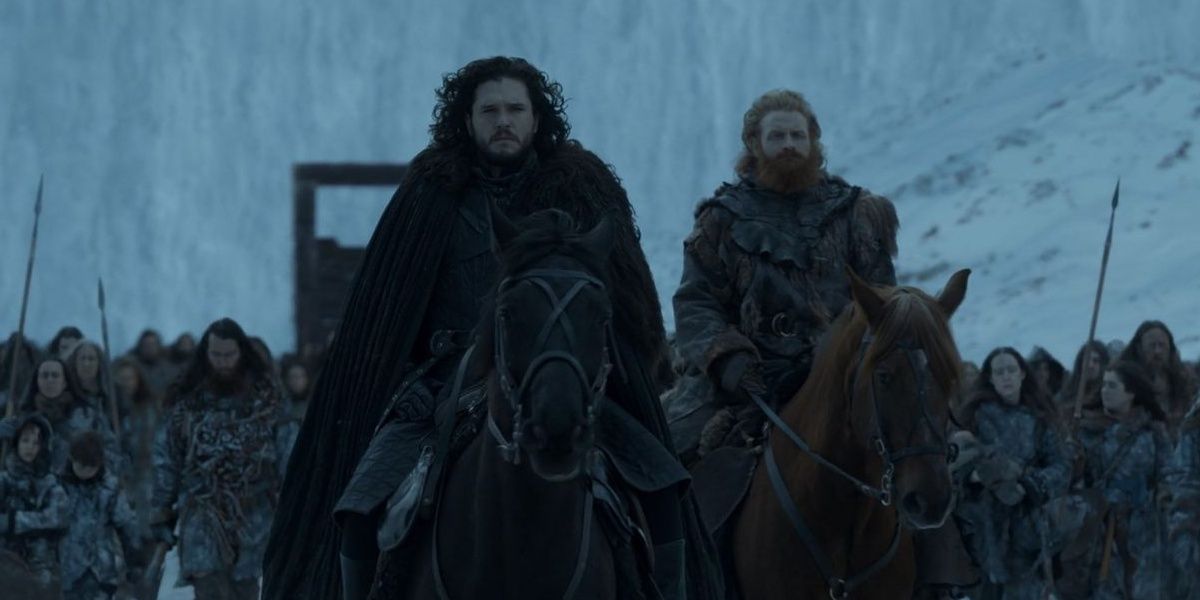
This completion of his sense of self did not come until the final scene of the titular finale, which showcased Jon riding North beyond the Wall, with an army of Wildlings at his back. He has always been a son of the North, even though there was fire in his blood.
The only time in his life he felt he truly belonged was when he was beyond the Wall with Ygritte; a time that will never fail to fill Jon with guilt and regret. In the first season, he thought he was a son of the North. By the last, he recognized that Northmen are not truly part of the North and that his true brothers are the Wildlings he had been trained to hate.
5 No Longer Needs Approval
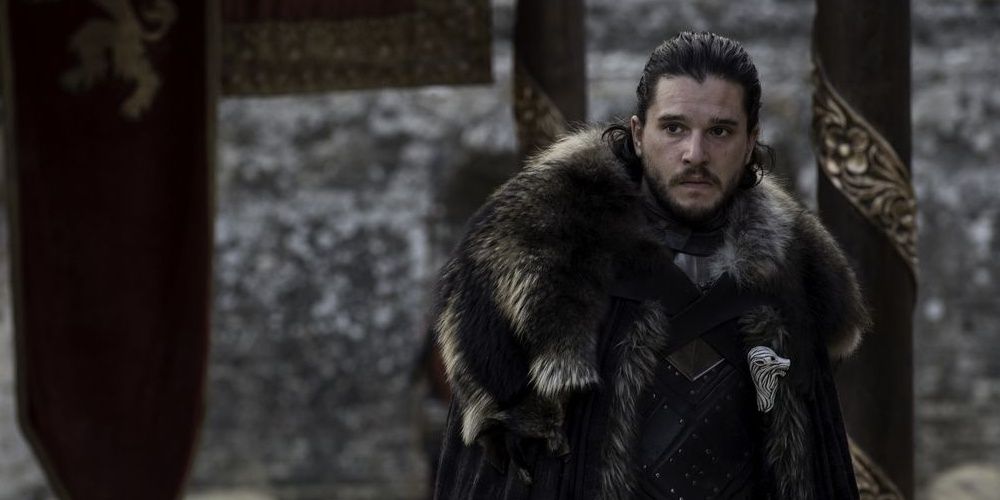
There was a time in his life that the approval of his siblings, his father, and Catelyn Stark mattered to him. Like most, he just wanted to belong. He wanted to be accepted.
But he was never able to gain their collective approval, and this beat him down until he realized that he doesn't need the approval of anyone. He learned this while serving as Lord Commander of the Night's Watch. But it was cemented when he was made King.
4 Bound By Honor
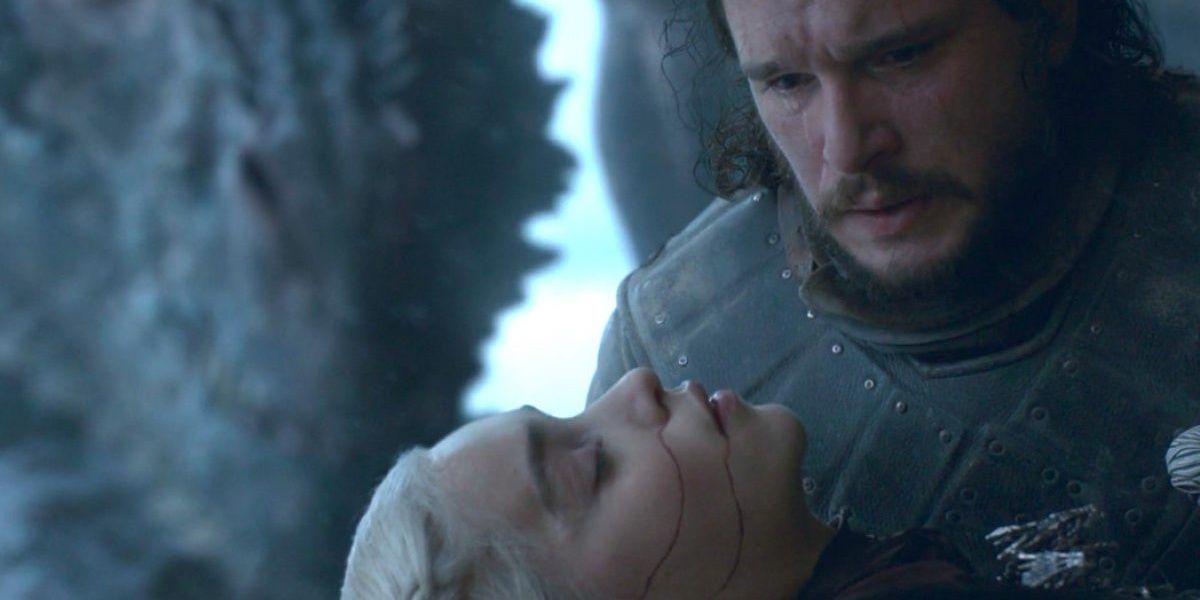
Jon was always an honorable character. He was always the man who would do whatever it takes to accomplish what he thought was morally right. But, in the earlier seasons, there were instances where he allowed his emotions to prevent him from doing what he needed to do.
He slowly realized that acting with honor and doing honorable deeds are two different things. He killed the woman he loved, secretively and dishonorably. But it was the honorable thing to do. And because he is Jon Snow, he had no true choice in the matter; he had to do what he thought was right. This, while it was wrong, was necessary. Honor bade him kill Dany.
3 Even More Brooding
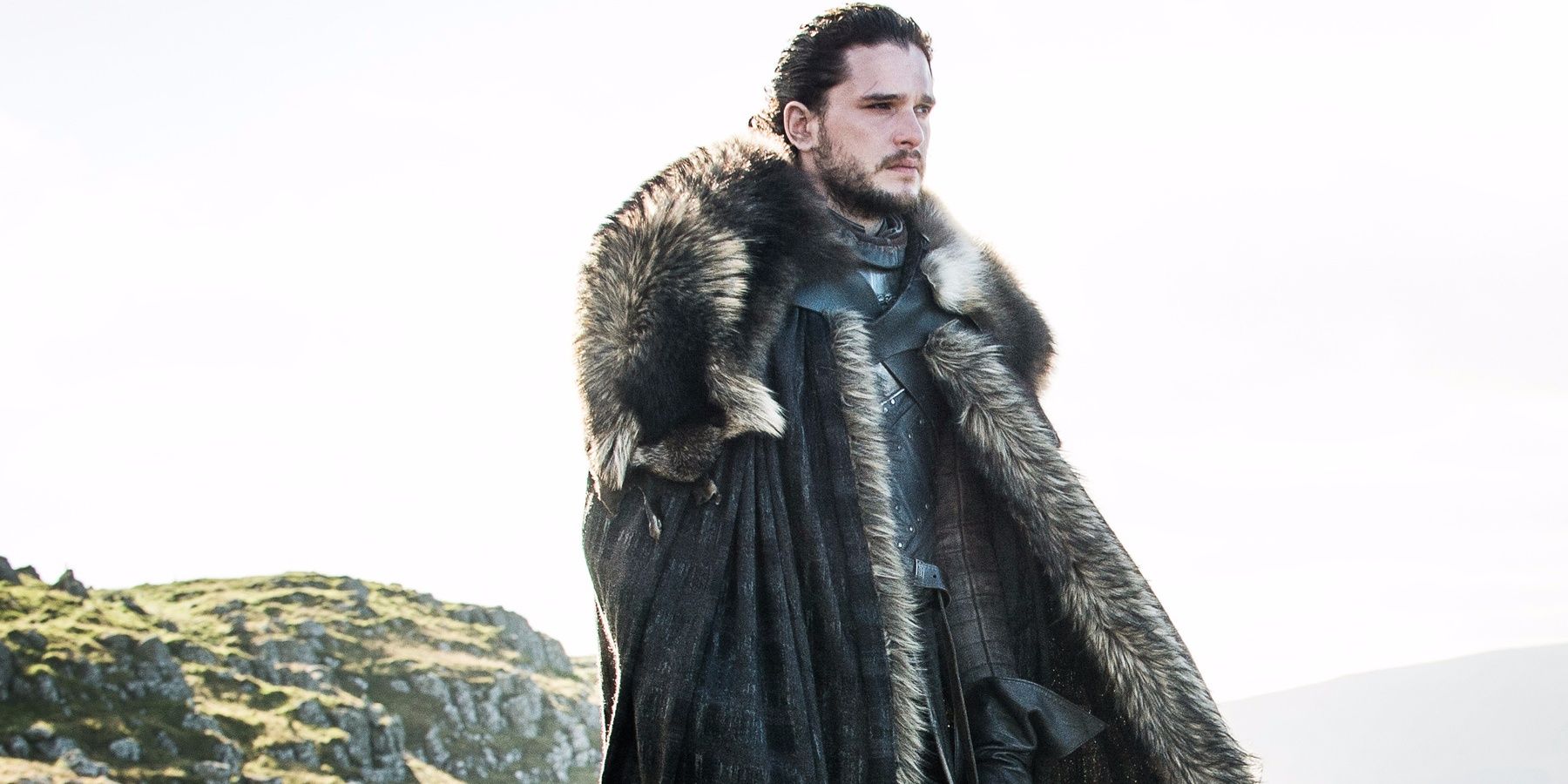
Jon Snow's most common facial expression is one that is somewhere between constant brooding and depression. He is well-known for it. But there were moments, in the first season, that he didn't brood quite as often. There were even moments when he laughed and smiled. But that was before his father was killed.
That was before the war. The only things that truly made Jon happy were Bran, Rickon, and Arya. And they were lost to him. And as he began to know war more intimately than he ever wished, any traces of joy were simply leeched from his heart.
2 Acting With Strength

As he grew more confident in his position as a respected leader, his actions became far stronger and far more powerful. In the beginning, he was fiercely opinionated, but he was 'green.' He lacked the kind of experience to be strong in his confidence. His decisions as a leader were always radical and largely did not garner an exceptional amount of support.
But as a King, he never limped. He was never weak. He was confident, yes, but he was powerful at the same time. Having both of these things is a rare thing and something that Jon lacked until the last season.
1 Understanding That Duty Is The Death Of Love
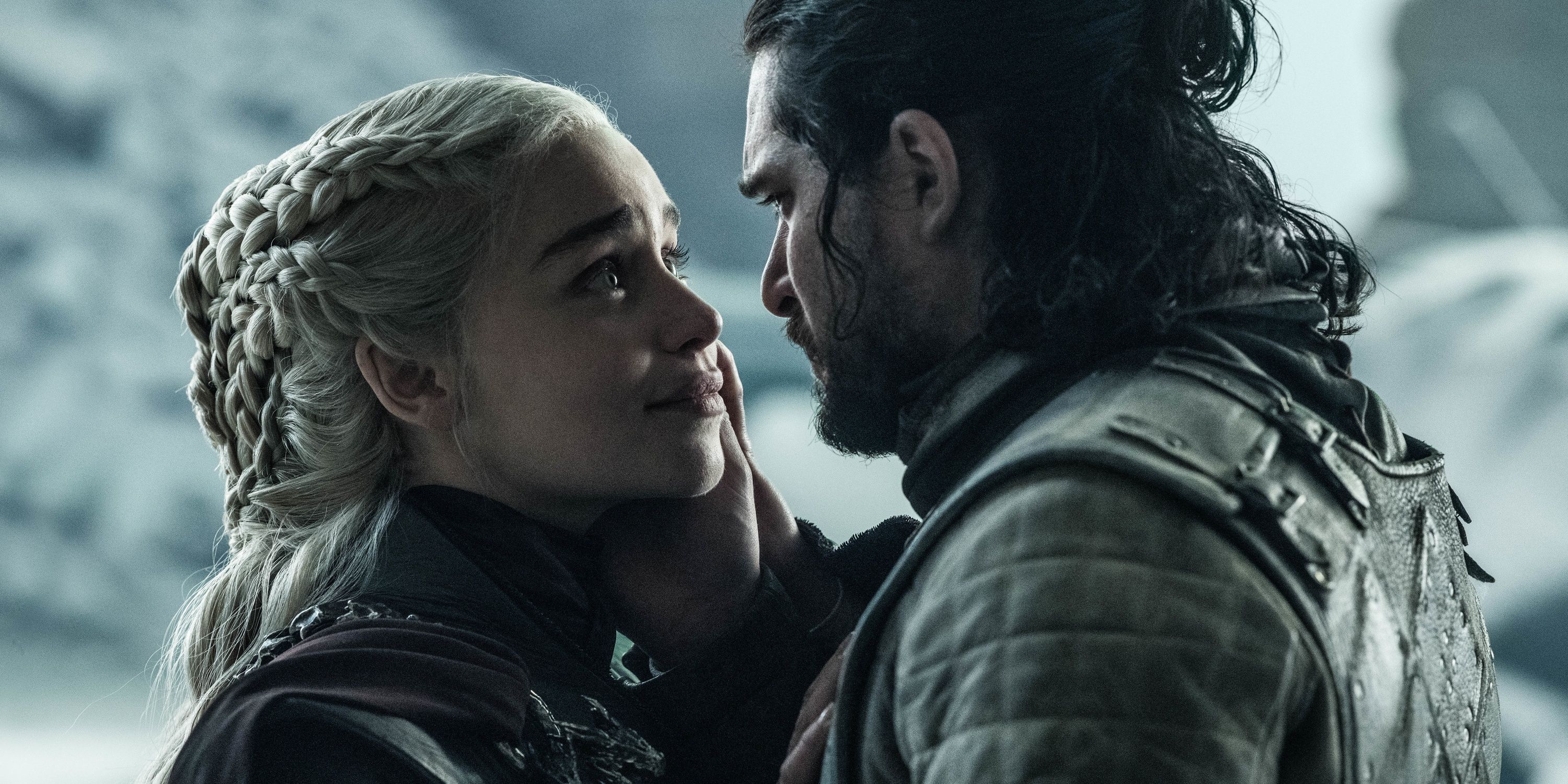
"Love is the bane of honor, the death of duty."
Maester Aemon was always the wisest voice of the Night's Watch. His long life informed his strange form of wisdom; some of which he imparted unto Jon. But Jon was unable to truly understand exactly what Aemon meant by this until he was faced with a cruel situation; murder his only love or let her wrath flow unchecked over King's Landing. He was innocent and naive in the first season. War and love, death, duty, and suffering turned him into a man.
"Sometimes, duty is the death of love."
from ScreenRant - Feed https://ift.tt/2wa6nKU

0 comments:
Post a Comment